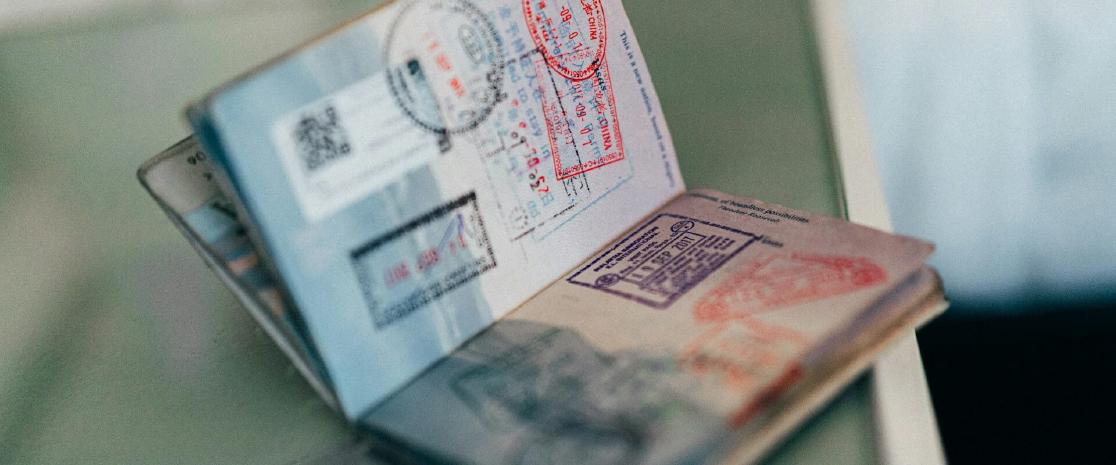Remote notarization has become increasingly popular in the last few years. It allows individuals to have their documents notarized quickly, easily, and remotely. This removes the cost and hassle of a commute through traffic and a physical consultation at the notary’s office.
However, with all its convenience, an imperative part of the process is when the remote notary public will verify your identity. To confirm that you are really you and avoid any fraud, there are a few layers of security (required by law) that you need to pass. One of these layers is KBA verification.
What is KBA verification?
Knowledge-based authentication (KBA) is when you are asked a series of questions that require personal information that is not easy to guess, nor is it available online. The information may come from a collection of data that is available from public and private records.
It could be information such as your historical data or details about your present situation. It could include factors like past addresses, telephone numbers, or vehicles you’ve previously owned. In some instances, the information could also have been gathered from marketing data, credit information, or financial transactions.
How is KBA verification secure?
Using knowledge-based authentication is secure because it involves a dynamic set of questions that will vary between individuals. While it is possible to venture a guess at some of the questions, the answers may not be public knowledge. The notary may ask the questions as multiple-choice or open-ended questions. For example, you could be asked, “What was your address 5 years ago?”
No two people will get the same questions. It is also a layer of security that, when used in conjunction with identity verification, gives it maximum security. When a remote notary public asks you KBA questions, these need to be answered quickly and correctly.
The notarization appointment
The notary appointment is done online through an audio-visual conferencing program. You would need to present your identification document for visual confirmation. You would verify basic information such as your name, social security number, address, or telephone number to help establish your identity.
A remote notary public may use identity verification along with KBA verification to ensure that the correct person is adding their electronic signature to the documents.
If you successfully pass the KBA questions and the notary is satisfied with your identity verification, the notarization appointment can continue. You get to sign the document electronically, and the notary will affix their electronic seal and signature.
Under the law, there needs to be a record of the notarization. This will include identity and KBA verification, as they form part of the entire process.
Closing Thoughts
Remote notarization is a safe and convenient way to get your documents notarized, even from the comfort of your home. KBA verification is an important part of this process as it confirms your identity. Knowing that the remote notary public will ensure the right person is signing the documents, you can confidently contact Remote NotarEZ for more information or to get your documents notarized today.
